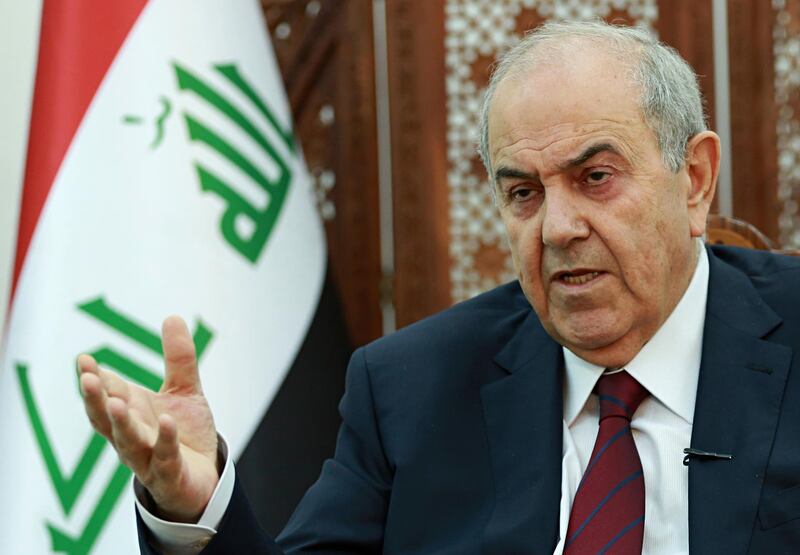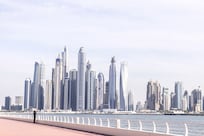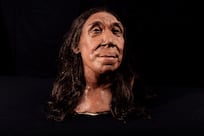Iraq's outgoing vice president told The National on Monday that an online application for ministerial posts is disingenuous and that the formation of the next government is being dictated by the two dominant Shiite parties alone.
There are "no governmental negotiations, instead two political blocs are dominating the country's political formation and they are Sairoon and Fatah," said Ayad Allawi, one of country's three vice presidents.
Following the appointment of prime minister designate Adel Abdul Mahdi in October, the Iraqi leader has been given until next week to submit his cabinet and bring together different political factions to parliament.
Sairoon bloc, led by populist cleric Moqtada Al Sadr formed an alliance with Iranian-backed Fatah chief Hadi Al Amiri, winning first and second place in the May parliamentary elections.
But some are sceptical of their selection process for ministerial positions.
Mr Allawi, who presented himself as a viable reformist in the elections, called for a comprehensive process to appoint ministers of high capabilities.
___________
Read more
Iraq parliament delays vote for country's president
Iraq offers citizens opportunity to apply online for cabinet positions
Iraqi KDP leads preliminary results from Kurdistan Region election
____________
"The prime minister designate should be free to choose a number of ministers at his discretion. Sadr and Fatah are dominating post distributions and have taken the important posts to themselves," he said.
Mr Abdel Mahdi is facing internal pressure from the two ruling blocs, he said, adding that as premier designate he should have a say in choosing the suitable candidates.
"Sunni, Shiite and Kurds are nominating their candidates for ministerial posts to the prime minister designate, but sectarian tensions have once again been an obstacle in the government formation," said Mr Allawi.
Mr Al Sadr and Mr Al Amiri are peculiar allies.
Mr Al Amiri, a fluent Farsi speaker, is Iran’s closest ally in Iraq, having spent two years in exile there when Saddam Hussein was in power.
But the populist cleric, Mr Al Sadr, who once led violent campaigns against the US occupation, emerged as a nationalist opponent of powerful Shiite parties allied with neighbouring Iran and as a champion of the poor.
Meanwhile the premier designate is seen as an independent who brings years of experience to the top post.
He took an unprecedented step by introducing an online portal open to all citizens across the country to submit their nominations for governmental posts.
The application gave hope to Iraqis that the new government could be formed by high-calibre technocrats, free from the political, ethnic and sectarian tensions that have dominated its political sphere since 2003.
But Mr Allawi believes that a ministerial allocation overseen by the two Shiite blocs could hamper the public's hope of forming a technocratic government.
A Shiite and native of Baghdad, the premier-designate is an economist by training and has the support of both of Iraq's feuding foreign power brokers – Iran and the United States.
Mr Abdel Mahdi s expected to submit his government of 22 ministerial portfolios distributed by nine ministries of the agenda of reform and reconstruction within the next few days.





